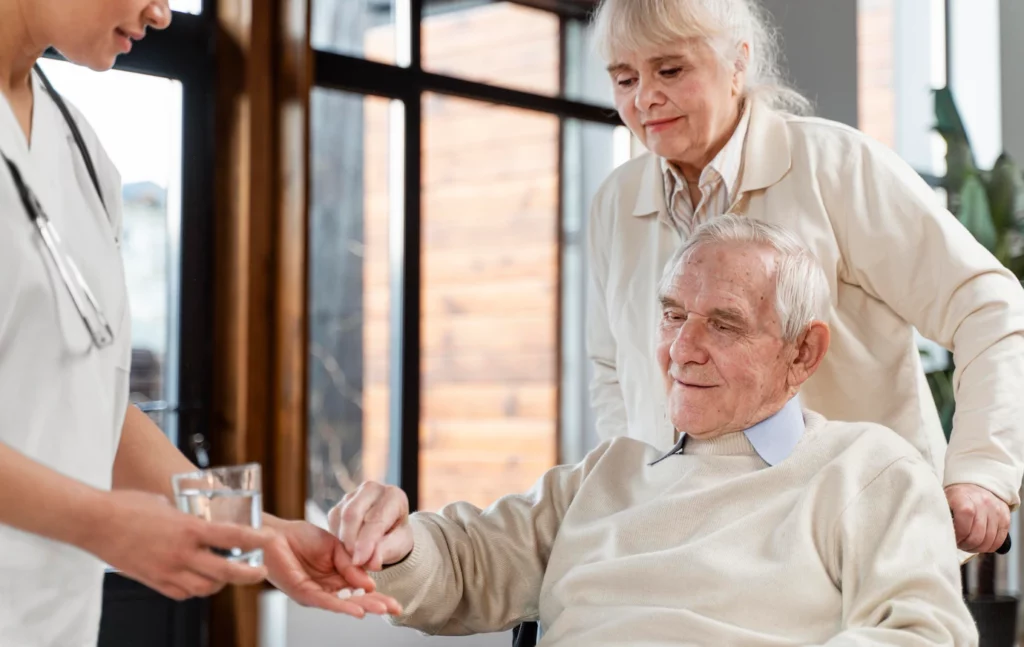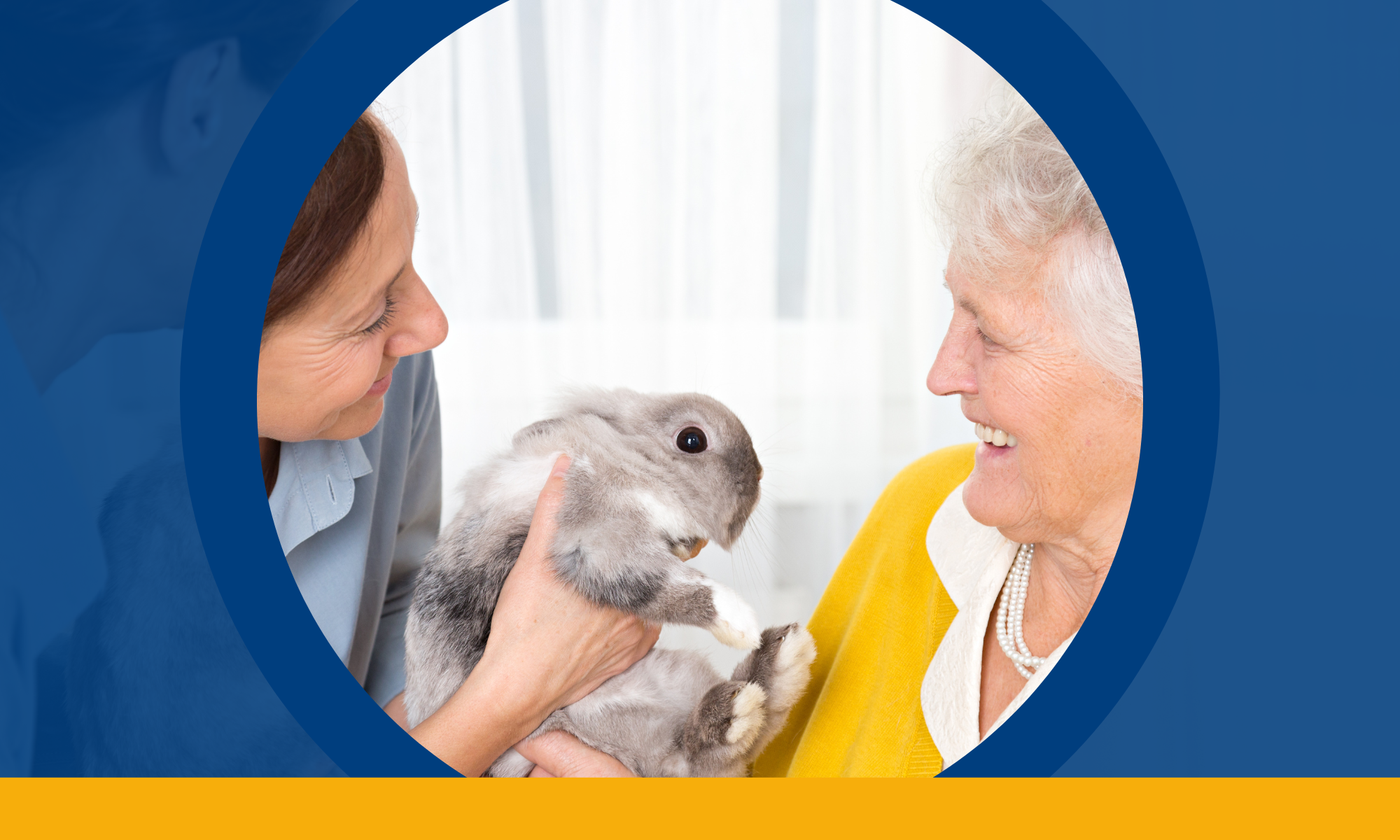The Role of Medication Management in Homecare
The role of medication management in homecare ensures the well-being and safety of loved ones. This is particularly important when families are involved in the caregiving process. Homecare can provide support, companionship, and treatment right at home. With a skilled carer managing the medicine that your loved ones need to take daily, you can have peace of mind knowing they’re getting exactly what they need on time with the correct dose. A reliable medicinal management plan is vital for the health and safety of loved ones.
With the right people, Care 24-7 specialise in person-centred care and ensure all personal care needs are met. They have the skillset to identify any needed additional treatment or medicinal needs.
Our dedicated care team have full knowledge and visibility of your loved one’s care plan which can also be shared with family members, GPs, pharmacists, and district nurses. This gives families peace of mind knowing that they are in safe hands and that carers are confident, competent and take pride in delivering high quality care.

Safety
Managing medications effectively prevents adverse drug reactions and reduces the risk of errors. Safety measures include medication reconciliation, where carers compare the list of prescribed medicinal products to the list the individual is actually taking, ensuring accuracy and preventing adverse reactions. For individuals with chronic conditions who are taking multiple different medicines, medications need to be paid attention to and not mixed up.
Carers can educate the individual and their families about the importance of taking them correctly. Open lines of communication ensure that everyone involved in the person’s care is informed and aware of the treatment plan. Any miscommunication can lead to misunderstandings and errors, leading to poor care and an unsafe environment for loved ones.

Did You Know?
In England, more than 1 in 10 people aged over 65 take at least 8 different prescribed medications each week. This increases to nearly 1 in 4 in people aged over 85.

Monitoring and Adjustments
Carers and homecare professionals regularly monitor an individual’s response to medicine and report any concerns to healthcare providers. They also assist in adjusting dosages or schedules as per the healthcare provider’s recommendations and offer education and support to both individuals and their families. They explain the purpose of each medication, potential side effects, and the importance of following the prescribed regimen. This understanding enhances family engagement in the care process.
If the prescribed medicine is not achieving the desired results or if the individual experiences adverse reactions, healthcare providers may change it to an alternative with similar therapeutic effects but fewer side effects. Some individuals require multiple medications to manage complex health conditions and carers ensure that these are compatible and do not interact adversely. Adjustments might involve changing the timing of administration or altering the combination of drugs.

Coordination with Healthcare Providers
Carers collaborate with physicians, pharmacists, and other healthcare professionals to ensure that there is a seamless flow of information regarding the person’s health. This collaboration is vital and in cases where individuals require assistance with medicinal administration, carers ensure that they are administered accurately and in a timely manner, following the healthcare provider’s instructions.
If loved ones experience adverse reactions or allergies to medications, carers can promptly inform the prescribing healthcare provider. This enables the healthcare provider to evaluate the situation and make necessary changes to the healthcare plan. This coordination with healthcare providers ensures continuity of care as people transition between different healthcare settings, such as hospitals, clinics, and homecare. Smooth transitions and consistent communication can prevent gaps in healthcare management, leading to efficient and accurate care.

Homecare can be a great way to get the help needed when it comes to medication management in an affordable setting. Loved ones gain access to a team of professionals who understand the complexities and challenges associated with taking medicine properly. Carers communicate with family members about healthcare plans and have access to healthcare professionals who can provide support and information about dosage and adjustments. With this kind of support, it’s much easier for loved ones and those living with chronic illnesses to stay compliant and healthy in the comfort of their own homes, providing peace of mind for families.










